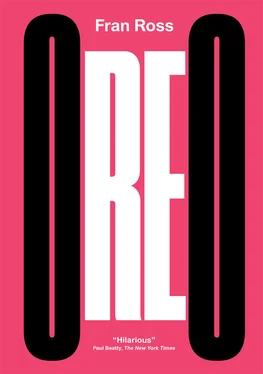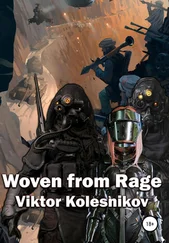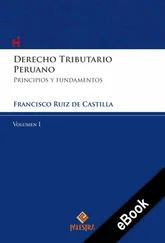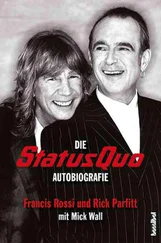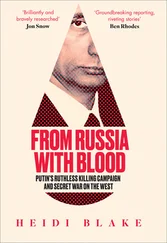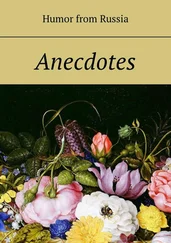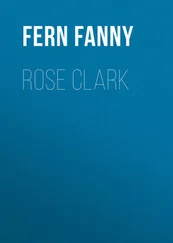He slit open the envelope, read the letter, and subjected Oreo to untoward scrutiny. She tried to look dull-normal when he said what she had expected someone to say.
“I’ll have to verify this with Dr. Resnick.”
Oreo replaced dull-normal with sullen-hurt, the look of the congenitally insulted. “He jus’ gib me de ’scription. Say fill it.” She had decided to use [the housekeeper’s] economical sentence structure and [her grandmother] Louise’s down-home accent. (203)
Oreo’s cynical manipulation of stereotypes underscores Ross’s increasingly biting satire as the heroine enters the Schwartz household, not as a long-lost daughter, but as a trickster in the guise of a servant. At one point a friend of her father’s even mistakes her for one of Samuel’s “harlots of Harlem” (182–184). The extent to which identity, kinship, and heritage are constructed around race, culture, and economics may be the ultimate lesson of Oreo’s quest, as Ross questions the “natural” bond presumed to exist between parent and child. Finally, in the sections titled “The story of Helen and Samuel, Oreo’s version” and “Clues, shmues,” Oreo comes to her own conclusions about her origins, ultimately relying on her powers of interpretation to piece together and understand her family’s history of strained relationships. Oreo imagines this story as a film treatment for a Hollywood biopic, a scenario complete with a requisite “ Montage of Variety headlines of the (‘O’s Pop Top Flop’ genre ” (205). In the process, Ross describes her method of composing this novel. The myth of Theseus (also a search for paternal origin) generates a list of episodes, characters, and clues, which the novelist strings together in the labyrinthine twists and turns of her own parodic plot.
Is Oreo a black text? Ross was surely aware that, while Norman Mailer’s jazz-influenced “White Negro” saw himself as the essence of hip sensibility, secular “black Jews” or any other African Americans who identify themselves intellectually as “people of the book” might be branded as oreos, when literary culture is associated with a “white” heritage. One of the novel’s comic epigraphs quotes the most commonly repeated definition of “oreo”: “Someone who,” like the cookie, “is black on the outside and white on the inside.” However, her protagonist is not a culturally whitewashed, deracinated, or “wannabe white” character who has assimilated European-American cultural styles in order to escape the supposed inferiority of African American culture, or to make herself more acceptable to the mainstream. Oreo claims no cookie-cutter identity; rather, she is a character whose cultural hybridity has given her an intimate view of two of the diverse subcultures that have made significant contributions to the production of American culture. Along with her biracial and bicultural identity, Oreo maintains an abiding interest in the mechanics of identity construction and cultural reproduction. Through Oreo’s adventures, Ross depicts a complex negotiation of identity within a racial, ethnic, sociocultural, and linguistic heterogeneity that extends beyond black and white. While Oreo is visually identifiable and self-identified as African American, the content of her identity is formed dynamically, improvisationally, and contingently as she interacts with others, choosing from a diverse menu of sometimes competing possibilities and influences that vary from one encounter to another.
In Oreo’s interactions with members of both sides of her family, as well as with neighbors, friends, acquaintances, and strangers, Ross’s novel suggests that acculturation is not a one-way street, but is more like a subway system with graffiti-tagged cars that travel uptown as well as downtown, or even more like an interconnected network of multi-lane freeways. Particularly in racially diverse and integrated settings, immigrants of various races and national origins, on their way to becoming American, may emulate the cultural styles of black Americans, since African Americans, though a minority, are as much the founders of American culture as Anglo Americans. Anglos themselves are a minority of white Americans. Oreo’s biracial and bicultural heritage is not so exceptional when one considers that most native-born Americans, regardless of skin color, are products of racial hybridity, just as American culture and language are products of cultural and linguistic hybridity. The significant contribution of black Americans to the national culture includes the problem and challenge that linguistic and cultural difference offer to American democracy, and to the creative production of African-American writers.
Entering the maze of Ross’s imaginatively constructed novel, the reader is reminded that a labyrinth is “an intricate structure of interconnecting passages,” much like the text of Oreo ; and also that “labyrinth” is the name given to the internal architecture of the ear, the destination of the spoken word. In this unfortunately overlooked work, Fran Ross lends the reader a remarkable eye for the baffling absurdity of everyday life and a receptive ear for the noisy diversity of the American idiom. Oreo is a text that assumes the verbal intelligence, the linguistic and cultural competence of readers who appreciate the rich diversity that contributes to the complexity of their own identities.
HARRYETTE MULLEN
Biographical information was gathered from Gerald Richard Ross, Gerald Ross, III, Ann Grifalconi, and the Temple University Alumni Association. I gratefully acknowledge all these sources, and I especially appreciate the cooperation of the Ross family, who generously shared their memories and personal documents with me.
Works Cited
Brown, Rita Mae. Rubyfruit Jungle . New York: Bantam Books, 1973.
Ingram, Billy. “The Richard Pryor Show.” http//www.tvparty.com/pryor.html.
Jong, Erica. Fear of Flying . New York: Holt, Rinehart and Winston, 1973.
Joyce, James. Ulysses . London: Secker and Warburg, 1994 (1922).
Kelley, William Melvin. Dunsfords Travels Everywheres . Garden City, N.Y.: Doubleday, 1970.
Mailer, Norman. The White Negro . San Francisco: City Lights Press, 1957.
Mullen, Harryette. “One Smart, Tough Cookie: The Lit, Grit, and Motherwit of Fran Ross’s Oreo ’ (forthcoming article).
Ross, Fran. “Richard Pryor, Richard Pryor.” Essence . April 1979: 70ff.
Wilson, Harriet. Our Nig . New York: Random House, 1983.
Anything this profound philosopher ever said bears repeating.
